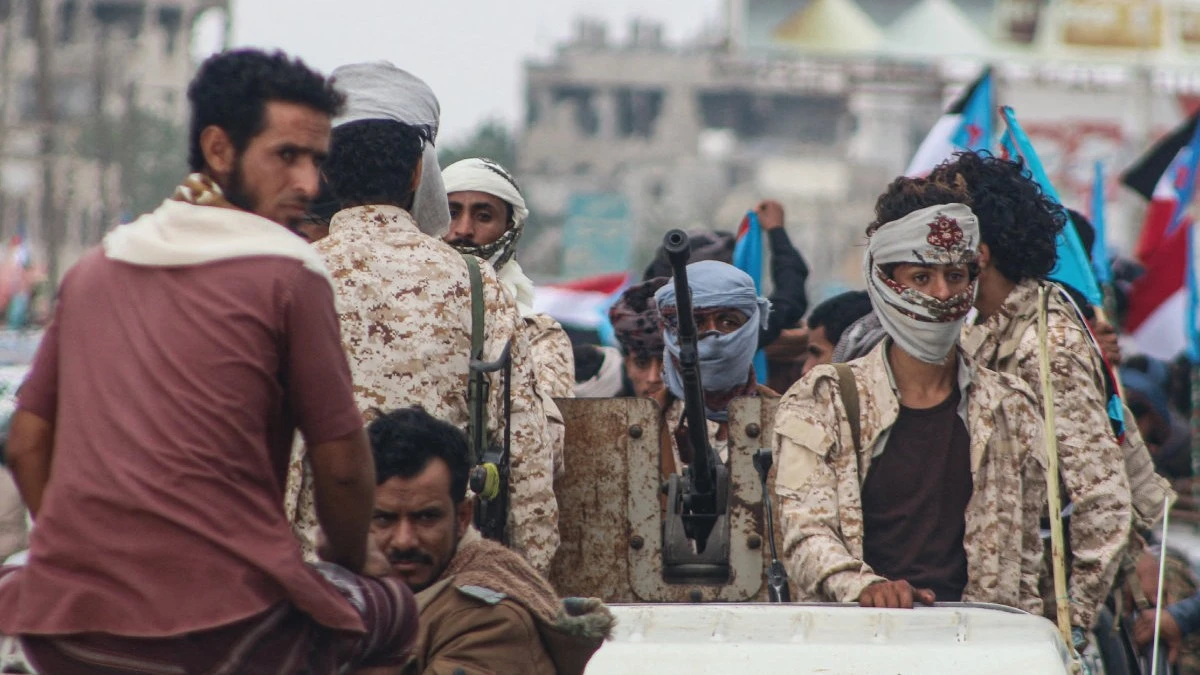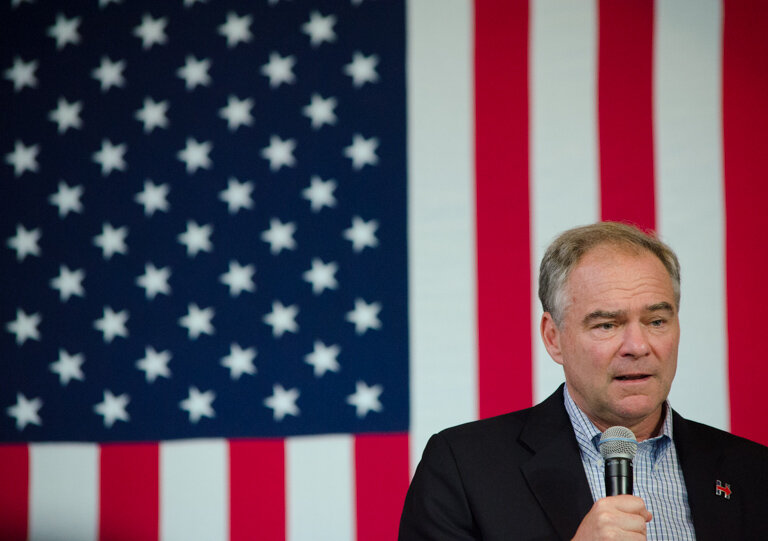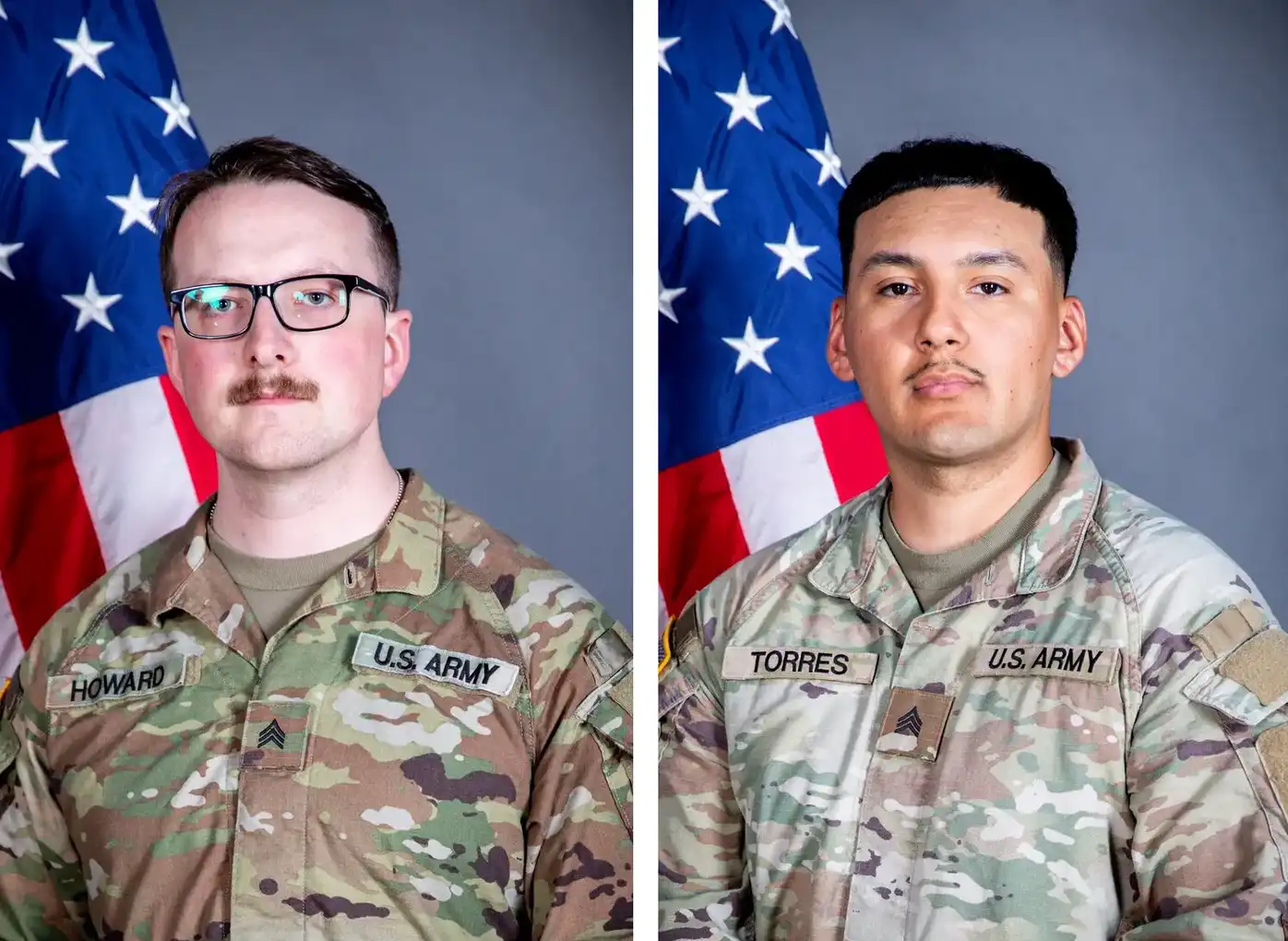PICTURED: Members of the Azov Battalion in 2015 holding the Swastika, next to a Ukrainian flag, and a NATO flag. PC: Gianluca Agostini CC 3.0.
Story at a glance…
-
Vladimir Putin has said he wants to de-Nazify Ukraine, but what does he mean?
-
Multiple neo-Nazi groups have become embedded in the Ukrainian military and political system.
-
Any political solution that doesn’t acknowledge Nazis in Ukraine will not be acceptable to Russia.
MOSCOW, Russia. March 3rd, 2022. When Vladimir Putin announced the beginning of a special military operation in late-February, many were confused by his repeated statements of the need to “de-Nazify” Ukraine.
However an Assange-level of investigative reporting is not required for an individual to notice modern Ukraine’s worryingly close and sustained associations with Nazism.
Thursday, French president Emmanuel Macron shared a phone call with Russian president Vladimir Putin, in which the Russian strongman claimed his assault was going according to plan, and that he was rooting out neo-Nazis.
A senior aide of Macron, speaking on conditions of anonymity, said Putin “wanted to seize control of the whole of Ukraine,” and that “he will, in his own words, carry out his operation to ‘de-Nazify’ Ukraine to the end”.
“You can understand the extent to which these words are shocking and unacceptable and the president told him that it was lies,” the aide said. Despite what the aide thought, there are, in fact, Nazis of a sort in Ukraine. Worse still, some of them are even acting members of the Ukrainian military.
NATO’s personal think tank, the Atlantic Council, even published a review called “Ukraine’s got a real problem with far-right violence (and no, RT did not write this headline)”. Recently, former-British Ambassador to Uzbekistan and senior foreign officer Craig Murray admitted amidst war denunciations that “denazification is certainly needed in Ukraine”.
PICTURED: Svoboda neo-Nazi Party founder Oleh Tyahnybok sitting near Arseniy Yatsenyuk addressing demonstrators in Kyiv in November 2013. Yatsenyuk, or “Yats” was the politician chosen to lead the 2014 coup junta by Victoria Nuland in her famous “F the EU” phone call. PC: Ivan Bandura. CC 4.0.
Not your father’s Nazi
The famous investigative journalist Robert Perry reported during the Euromaidan Revolution that major western outlets were acknowledging the brutal violence employed by Nazi groups like the Azov Battalion in breaking police lines during the overthrow of President Yanukovych.
The Svoboda Party, Right Sektor, and Azov have all been found using Nazi imagery, and all revere a major figure in western Ukrainian history named Stepana Bandera, a military/political figure who wanted to turn Ukraine into a racially-pure state, and sided with the SS when the Nazis invaded in order to cleanse the western area of Jews and Poles.
The Azov Battalion were only spared from being labeled an International Terrorist Organization because of a special report published by the Atlantic Council, which read “it is a special operations detachment of the Ukrainian National Guard, and therefore ‘an integral part of official structures’ of the state, following ‘orders given by the Interior Ministry,’” reports Ben Norton from Multipolorista.
In 2020, the NATO think tank published an article titled “Why Azov should not be designated a foreign terrorist organization,” in order to push back against efforts by U.S. lawmakers to do just that, desiring to disrupt ties it had to far-right racialist militias in the United States.
Azov is the most well-documented and obvious candidate for Putin’s quest to de-Nazify Ukraine. But since Putin probably intends to oust the government in Kyiv, what case is there that neo-Nazi types like Azov can be found in the highest levels of Ukrainian political power?
PICTURED: (left) Commander-in-Chief Valery Zaluzhny of the Ukrainian General Staff next to Dimytro Yarosh, founder of the Right Sector. PC: Yarosh’s Facebok.
Political Nazis
The Svoboda Party is a fringe, political group in the country that has been accused by human rights organizations, groups that monitor anti-Semitic language, and journalists of fitting the bill for neo-Nazism. Based in L’viv, it was literally called the Social Nationalist Party when it was founded in the 90s.
The Center for Eastern Studies let out this whopper in a 2011 report on Svoboda, “The Internet ‘Joseph Goebbels Political Research Centre’ was founded in 2005 by Yuri Mykhailyshyn advisor to the founder Oleh Tyahnybok, who topped the Svoboda party list in the elections to L’viv’s municipal council in 2010, and had ties to Arseniy Yatsenyuk, America’s chosen Prime Minister to take over in the country after the 2014 revolution.
“The center later changed Goebbels for Ernst Jünger,” the report added, but that’s hardly a cliff edge that one walks back from. Svoboda also still uses the Wolfsangel rune, a symbol of multiple neo-Nazi groups in Ukraine and elsewhere. In 2020 according to a Ukrainian corruption watchdogs, 863 seats in town councils and 19 mayoral seats across Western Ukraine are held by Svoboda party members.
The Right Sector is more of a group and less of a political party than Svoboda, and was also a prominent belligerent in the 2014-15 outbreak of civil war. Incidents involved raiding government arsenals for weaponry to arm its militias which attacked residents of Donetsk and Luhansk in the secessionist region of Donbas. They revere Bandera, and regularly quote his fascist notions, such as the rights of the nation are higher than those of the individual, and many have accused them of holding to neo-Nazi ideology, and sometimes they admit it themselves.
In December 2015, group leader Dmytro Yarosh announced that the 5th and 8th battalions, and the medical battalion of the Right Sectors’ Ukrainian Volunteer Army, would be incorporated into the Armed Forces of Ukraine. In 2021, Yarosh was appointed to the position of “Advisor to the Ukrainian Armed Forces” by the General Staff, who declined to acknowledge Yarosh’s involvement.
There are almost certainly hundreds of these neo-Nazi militias fighting now against the Russians, and any international discussions that don’t address this will be seen by Russia as unacceptable.




